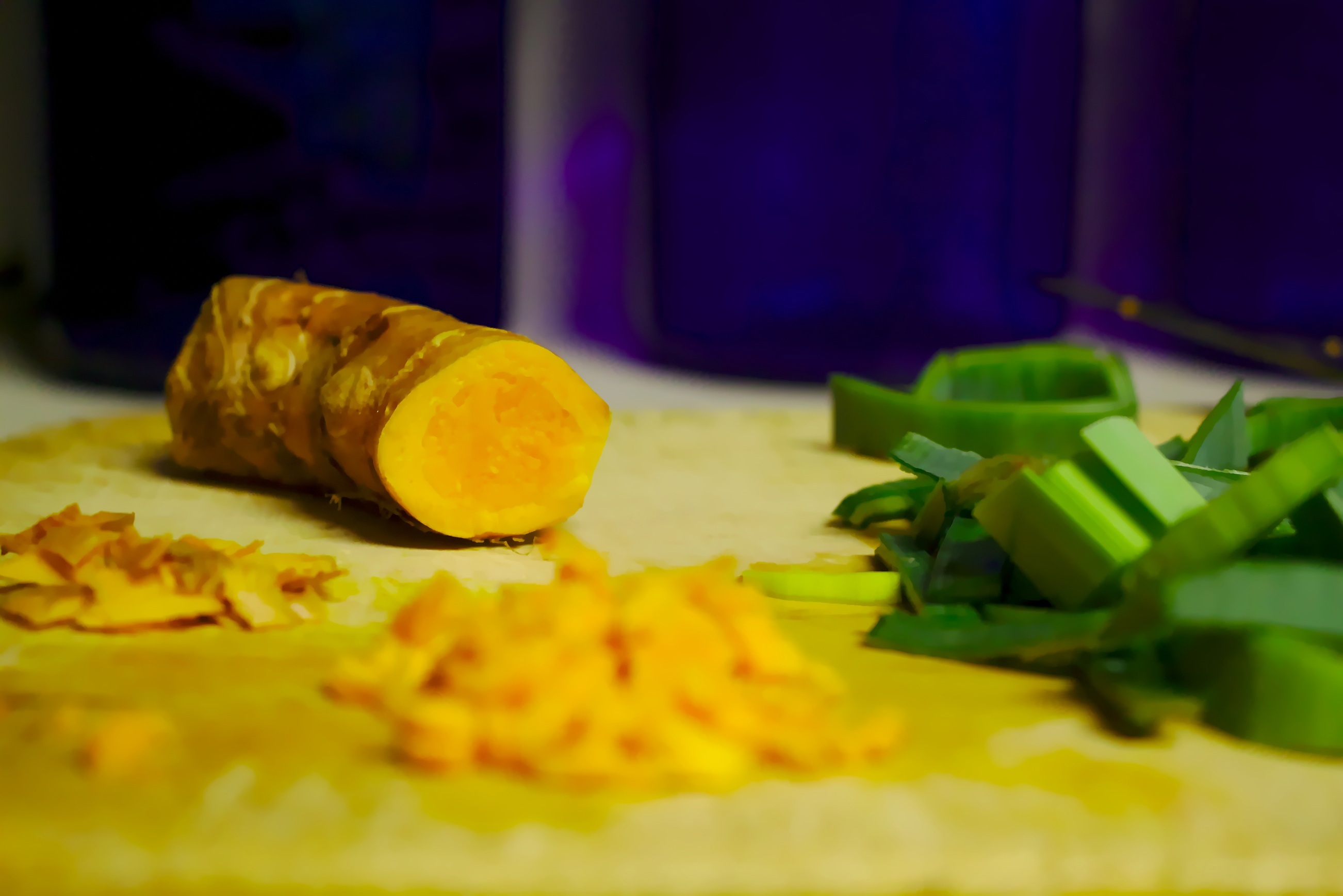A common disorder for the treatment of pancreatic cancer is drug resistance. However, new research shows that curcumin, a compound that can be found in turmeric, can help overcome resistance to chemotherapy.
Curcumin is an active compound found in plants such as turmeric, and more and more studies have pointed out the therapeutic potential of the compound in various conditions such as cancer and diabetes.
Preclinical studies have shown that the compound has multiple antioxidant, neuroprotective, anti-inflammatory and anti-cancer effects.
However, when orally administered, the compound is rapidly metabolized and eliminated from the human body. Therefore, more clinical studies and trials are needed to test the therapeutic benefits it may have - whether used alone or in combination with other types of conventional treatments.
The new study helped fill this gap because it tested the benefits of curcumin combined with conventional chemotherapy for pancreatic cancer.
Specifically, a new study investigating the potential of curcumin to overcome chemical resistance is a common challenge in the treatment of pancreatic ductal adenocarcinoma (PDAC).
The study was conducted by researchers led by Dr. Ajay Goel, director of gastrointestinal research and translational genomics and oncology at the Baylor Scott and White Institute in Dallas, Texas.
Inhibition of drug resistance
Cancer stem cells are considered to be the main reason for the development of chemotherapy resistance in PDACs; studies have shown that they have the ability of chemotherapy and may be the main reason for metastasis.
However, as the authors of the new study have explained, other studies have shown that curcumin may prevent this acquired chemical resistance, although the exact molecular mechanism of this potential benefit is unknown.
Recent evidence suggests that the so-called polycomb subunit is a key factor in maintaining stem cells. Pascal plays a key role in stem cell differentiation, and multi-comb inhibiting complex 2 subunits have been shown to regulate drug resistance.
This subunit is called an enhancer of Zeste homolog 2 (EZH2) and its aberrant expression has been shown to block the effects of tumor suppressors.
Dr. Goel and colleagues used curcumin to treat the pancreatic cells, inhibiting the EZH2 pathway and making cells more accessible to chemotherapy.
In addition, the researchers found that curcumin blocks the formation of spheroids in cell cultures, suggesting that it also inhibits tumor growth and recurrence.
Dr. Goel said: "By treating some cells with low doses of curcumin, we are able to reverse the path that leads to chemo resistance.
"This is an important breakthrough that can bring better prognosis and longer life span for patients with chemotherapy-resistant pancreatic cancer."
Dr. Ajay Goel's previous studies showed that curcumin has a preventive effect, but the author's knowledge, this is the first study showing the beneficial effects of plant extracts combined with chemotherapy and its superiority in overcoming drug resistance.
Dr. Goel and his team hope that this natural compound has unique therapeutic potential. He concluded: "Food-based botanical drugs may restore more healthy gene expression in patients, but there is no toxicity of certain drugs.

|

